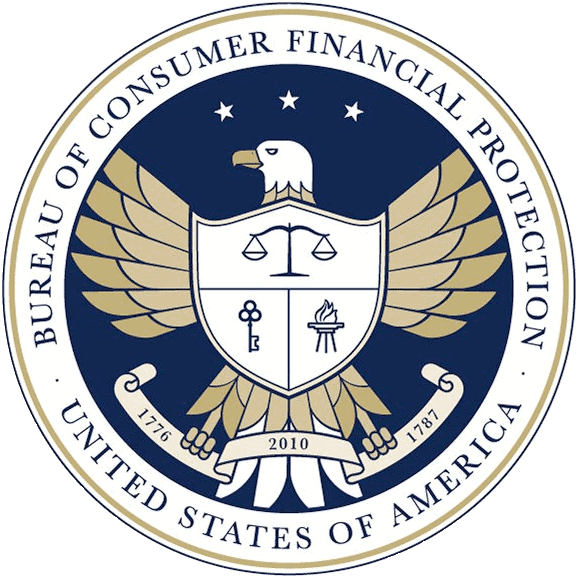Comments in Response to the Bureau of Consumer Financial Protection: Request for Information Regarding Bureau Guidance and Implementation Support

COMMENTS SUMMARY
NCLA sincerely appreciates this opportunity to provide commentary on the Bureau’s past use of guidance and its invitation for suggestions as to how it can ensure that its future guidance adheres to law. Unfortunately, the Bureau’s past use of guidance has been marked by unlawful practices that undermine representative government and the due process of law. Instead of merely explaining existing legal duties, the Bureau has attempted to impose new or additional legal duties through informal guidance. The Bureau has also threatened aggressive enforcement efforts for perceived noncompliance with these informal modes of regulation. The Bureau has thereby exercised powers that were never given to it in the first place.
Join the new civil liberties movement. Protect Americans from the Administrative State!
DOCKET ID: CFPB-2018-0013
LITIGATION COUNSEL: Caleb Kruckenberg
SUBMISSION DATE: July 2, 2018
CASE DOCUMENTS
July 2, 2018 | Comments in Response to the Bureau of Consumer Financial Protection: Request for Information Regarding Bureau Guidance and Implementation Support
PRESS RELEASES
July 3, 2018 | New Civil Liberties Alliance (NCLA) Tells Bureau of Consumer Financial Protection (BCFP): “Your Guidance Is Misguided”
Washington, D.C. — In response to BCFP’s Request for Information regarding its use of guidance, NCLA filed comments yesterday strongly rebuking the Bureau for its egregious abuse of guidance to effectively create new law without following statutory and constitutional requirements. Agency guidance is only allowed to clarify existing legal obligations, and not to create new ones.
“BCFP must stop unlawfully imposing new legal duties through guidance. The Bureau has engaged in de facto rulemaking without following legal requirements set out in the Administrative Procedure Act (APA) and if only for this reason, it has acted without constitutional authority,” said Philip Hamburger, NCLA President.
“BCFP guidance is like ‘no notice’ rulemaking,” said Mark Chenoweth, NCLA Executive Director. “BCFP alleges violations based on its guidance, topping a total of $1.8 billion. Clearly civil liberties are being short-changed.”
In its 2012 manual Unfair, Deceptive, and Abusive Acts or Practices (UDAAPs), BCFP set out its ‘examination procedures’ for identifying violations of the Dodd-Frank Act. The Bureau defined terms based on legal assertions not necessarily supported by the statute, e.g. relying on Federal Trade Commission (FTC) standards that have been criticized by courts as inappropriate efforts to test the limits of authority. Further, the Bureau defined abusive practices by simply restating its statute and claimed it was only internal staff guidance with no enforceable rights or defenses. Nonetheless, a year later the Bureau issued a bulletin describing certain acts as prohibited by the Dodd-Frank Act with no indication it was non-binding guidance. How binding the guidance has proved is indicated by the fact that, from 2012-2015, 50% of BCFP’s publicly-disclosed enforcement actions were based on the “guidance” of the UDAAP manual.
About NCLA
The New Civil Liberties Alliance is a nonprofit civil liberties organization dedicated to protecting constitutional rights from the administrative state. Recognizing that the administrative state is a profound threat to civil liberties, NCLA brings pro bono litigation against administrative power and more broadly seeks to spur a new civil liberties movement to fight against the erosion of Americans’ basic constitutional rights. Founded by prominent legal scholar, Philip Hamburger, NCLA is headquartered in Washington, DC.
About Philip Hamburger, NCLA Board Chairman and President
Philip Hamburger, a scholar of constitutional law and its history, is The Maurice and Hilda Friedman Professor of Law at Columbia Law School. His publications include: Separation of Church and State (Harvard 2002); Law and Judicial Duty (Harvard 2008); Is Administrative Law Unlawful? (Chicago 2014); Liberal Suppression (Chicago 2018) as well as numerous scholarly and general audience articles. He was the John P. Wilson Professor at the University of Chicago Law School, and has also taught at George Washington University Law School, Northwestern Law School, the University of Virginia Law School, and the University of Connecticut Law School.
